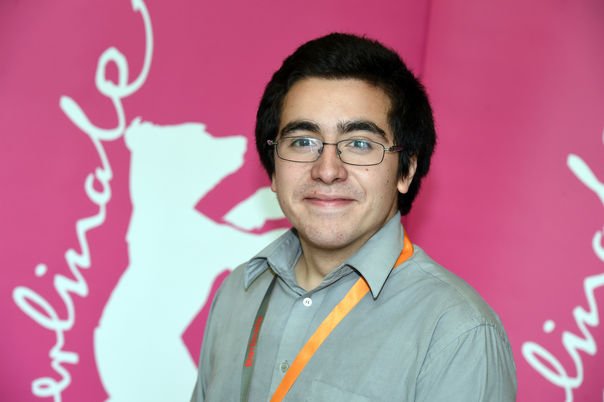Reconstructing memories
By Héctor Oyarzún

Talent Press 2017 participant Héctor Oyarzún
My decision to become a film critic was always driven by how I conceive cinema in my country. Chile had one of the most prolific cinematic movements between 1964 and 1973, but it was suddenly cut by president Allende’s assassination. After our USA-financed coup d’État, our brand-new dictator Augusto Pinochet disappeared and tortured dissidents, and then tried to disappear any trace of culture that was seen as “Marxist”. Millions of books were burned, and Allende’s cultural project went up in flames. Literature had this symbolic destruction, yet cinema had a quieter one. Our main filmmakers were sent into exile, and the ones who remained were forbidden to shoot. Our nascent film culture disappeared, and the 70s and 80s saw an incredibly low number of films released in Chile.
After the dictatorship was over, Chile re-constructed its film history piece by piece, but in the 90s, Chile didn't return to its past glory; it wasn’t so different from our previous decades.
But now, after all this time, it seems that Chile has renewed its interest in cinema. Chile is finally struggling with its demons through cinema. Last year, we saw this historically homophobic country release films such as Rara (Pepa San Martín) and Nunca vas a estar solo (Alex Anwandter), our failed educational system was put on trial [?] in Si escuchas atentamente (Nicolás Guzmán) and El primero de la familia (Carlos Leiva), and directors such as Pablo Larraín and José Luis Torres Leiva are constantly talking about memory in their films.

